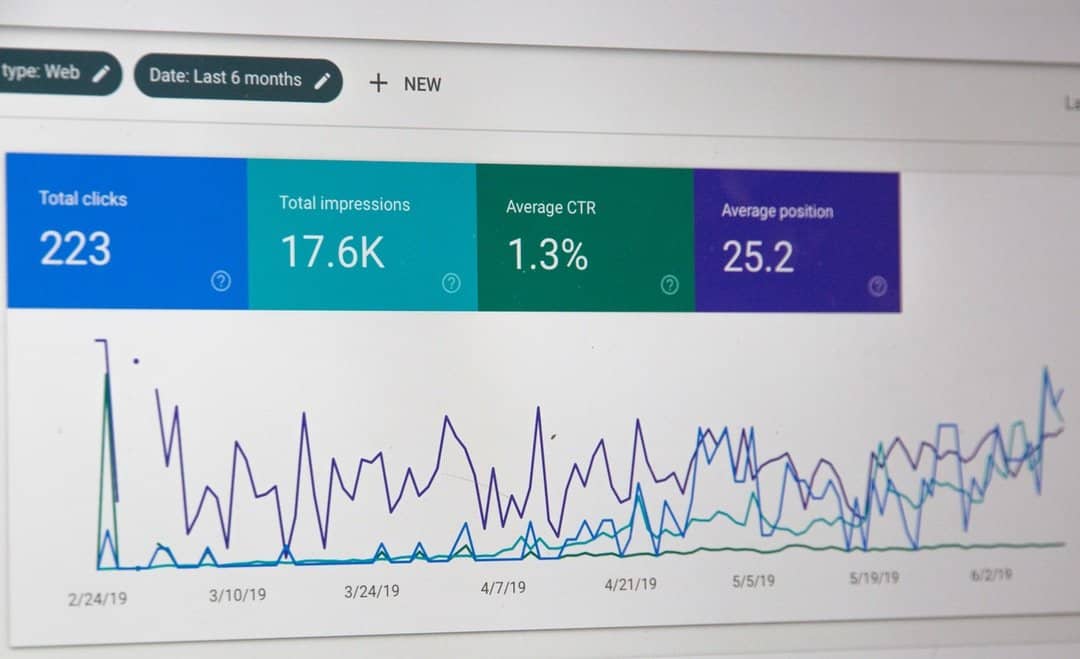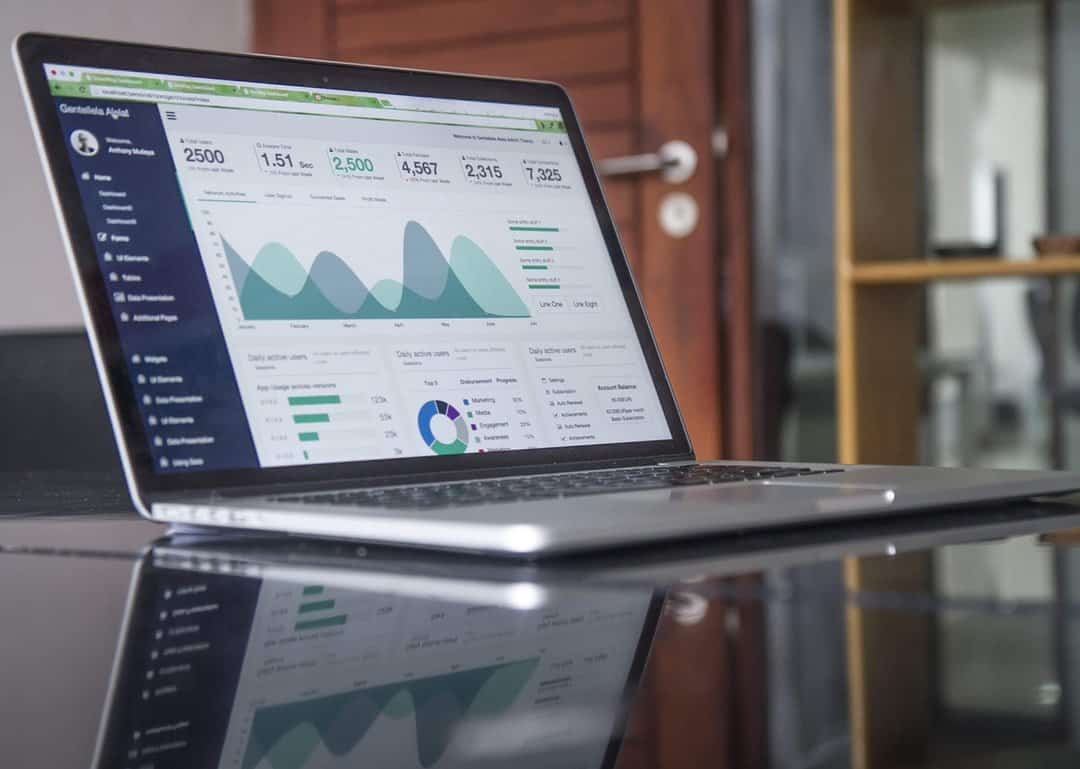As businesses look to find their footing in their respective marketplace, data services are crucial to help companies get ahead. Through the power of data, business users can discover hidden insights they may not have seen before or even anticipated throughout their data sources. Data virtualization software is at the heart of establishing a structure to bring sources from all formats for proper analytics. Let’s look at what virtualization truly entails for companies of any size or sector.
Data virtualization is explained in straightforward terms.
The 21st century has taught us the power of data, starting with the proper virtualization programming. Data virtualization tools provide a modern data layer that enables users to access and transform datasets while delivering critical information at breakthrough speed and with little cost. Data virtualization technology gives users fast access to data housed throughout the enterprise, from significant data sources to traditional databases. Virtualization has cut into ETL for businesses. That means appropriately extracting, transforming, and loading the steps to register data in your systems.
Data virtualization supports multiple lines of business, hundreds of projects, and thousands of users that can increase from one task for a small business to the grander scale of a multinational corporation. With data virtualization, users can apply various analytics for real-time access. Different data sources do not limit virtualization; they can be integrated from Excel spreadsheets to Oracle platforms on a data virtualization server and source system.
What goes into data virtualization?

Data virtualization has three prominent use cases: analytics, operational, and emerging. Analytics refers to physical data integration from multiple sources and the preparation of that data for management and real-time access across an organizational structure. Operational cases are adapted to bring information from pre-existing databases, migrating legacy systems and older information into modern technology to create even deeper insights. Emerging issues through data virtualization products focus on cloud sharing and data and content integration.
This agility and stability in building data structures and dashboards is a system that can be utilized in any sector that relies on business intelligence. In the healthcare industry, data virtualization software has been a driver in new product innovation for pharmaceutical giants while helping insurance companies provide more efficient claims analysis for patients. In the communications and technology sector, companies can differentiate their market research services and optimize customer care, using data management from a single point of access to determine customers’ spending habits and how to keep them coming back for more.
What are the benefits of virtualization?

One of the most significant benefits of data virtualization is obtaining real-time data and quicker access. In today’s economy, making split-second business decisions is crucial to staying ahead in the marketplace. More accessible access to virtual views with deeper insights allows analysts to solve problems faster. Thanks to those adjustments, analytics applications can be applied sooner for more excellent business value. Data virtualization software also provides a more complete, up-to-the-minute understanding of data, requiring less effort to create a unified platform for data storage.
A company’s data virtualization capability affords them reusable data services and interactive development. This allows quicker clearance and validation to improve data quality and avoid repeating information for new tasks down the line. Virtualization software also helps businesses to lower infrastructure costs, with fewer licenses needed through the structure, resulting in lower support and maintenance costs than traditional data integration. Whether you’re a high-end retailer or a local doctor’s office, data virtualization has excellent power to help vendors stand out while maintaining control of their datasets.
